Like fast food, fast fashion isn’t very good for us. Or the planet.
Mass produced clothes that get churned out quickly to copy the latest fashion trends might be easy on the wallet, but they take a serious toll on the environment, with an estimated six tonnes of clothes being dumped in landfill across Australia every 10 minutes.
But a growing number of people are also trying to find more sustainable solutions to the fashion waste cycle by shopping for second-hand clothes.
Manager of Salvation Army’s Bundamba store, Mark Andrews, says he’s a seen a rise in the number of younger shoppers at op-shops across Ipswich.
“There’s this wisdom spreading through the younger generation that the throwaway society they’ve been introduced to from previous generations is not what it’s cracked up to be,” Mr Andrews said.
“Op-shops are a real gold mine of quality stuff at a very low price.
“And if you know where to look and how to look, you can find the top labels and lots of quality, older items that have been made to last.”
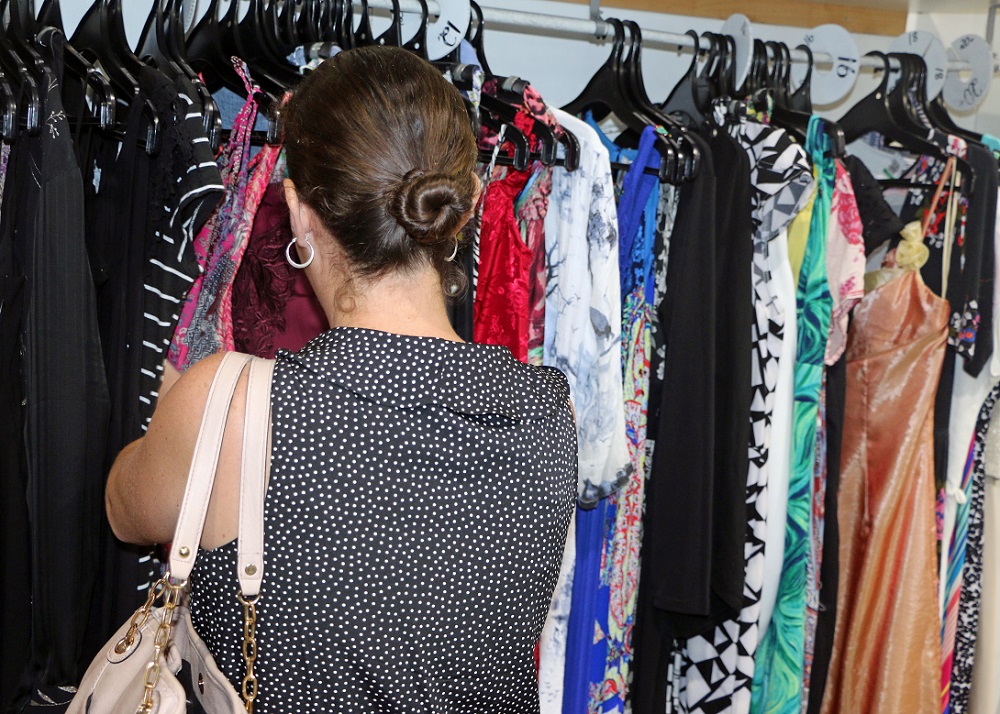
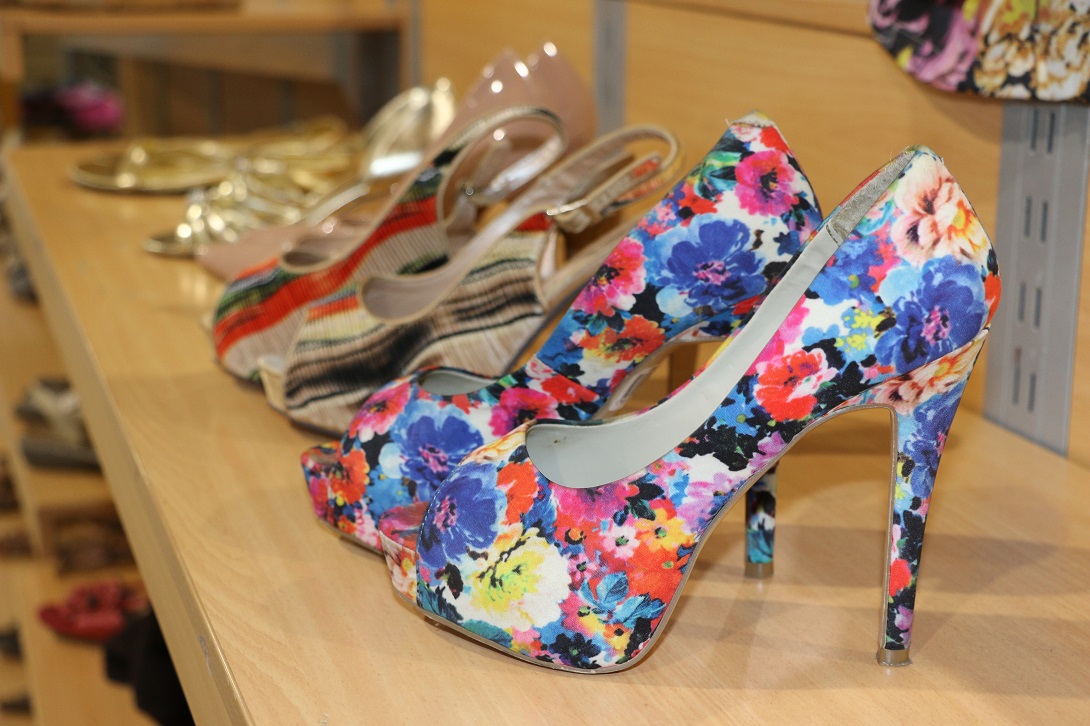
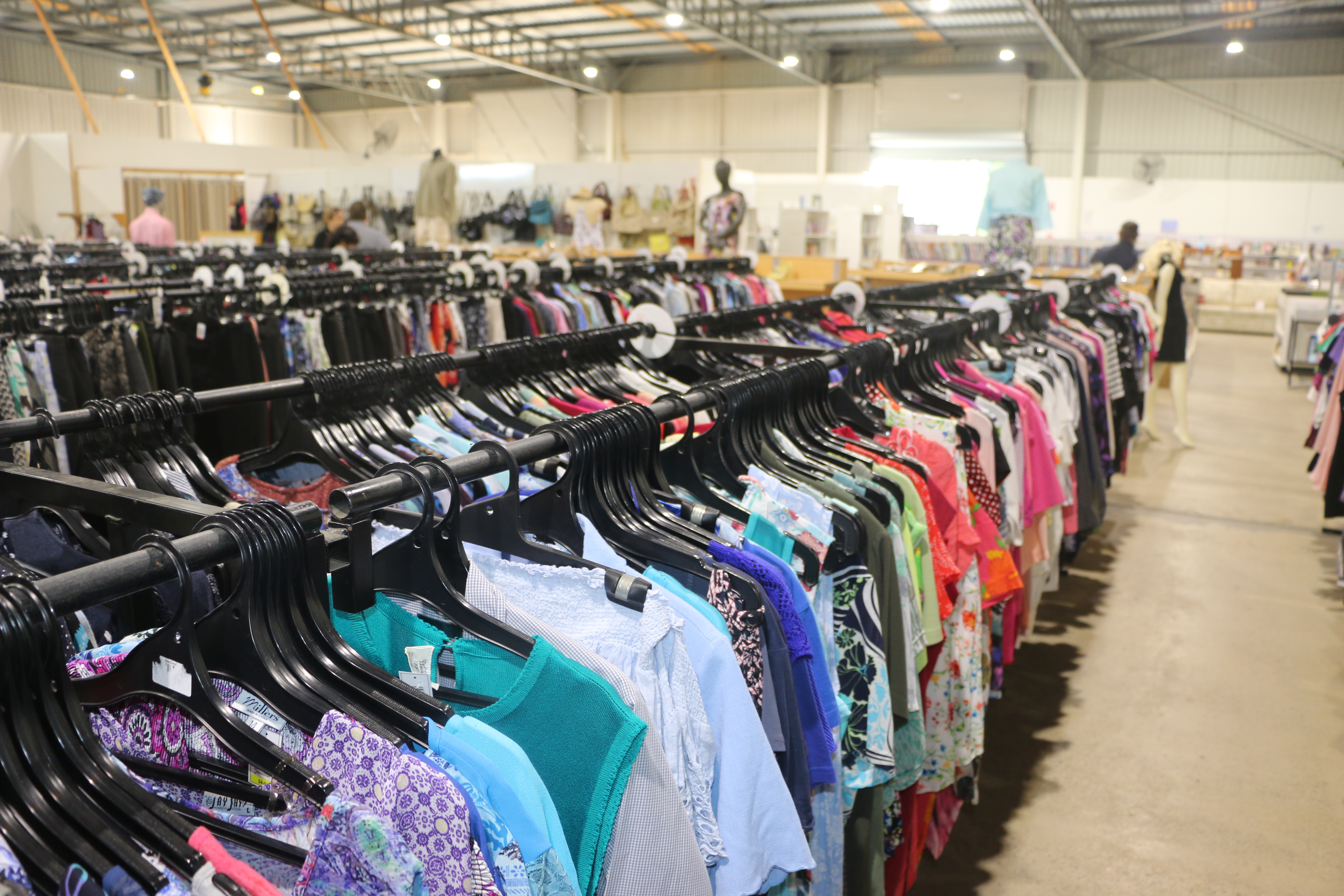
OP-SHOP ETIQUETTE
Wash it first
Give clothes to your local op-shop in a decent state. Don’t donate items that are covered in holes or stains.
Don’t drop and run
Donate during the store’s opening hours or call to arrange pick-up for larger items. Don’t stuff bins to the point they are overflowing or dump your donations next to bins.
If in doubt, ask
Check with your local op-shop to see what they will accept. Some of the bigger stores will send poor quality textiles to be turned into industrial rags or use broken electrical goods for scrap metal, while others won’t.
“There’s also quite a demand for retro items in fashion and in furniture. Some people furnish their whole wardrobe or their whole house with op-shop goods.”
Mr Andrews says that he’s spoken to many parents whose kids are feeling the pressure to compete in the fashion stakes with a constantly expanding wardrobe.
“The Instagram generation means many kids and teenagers feel like they need to have a new outfit every day,” Mr Andrews said.
“The pressure that’s putting on families is just terrible.
“So buying at op-shops is about much more than just recycling- it’s also helping address huge social problems.”
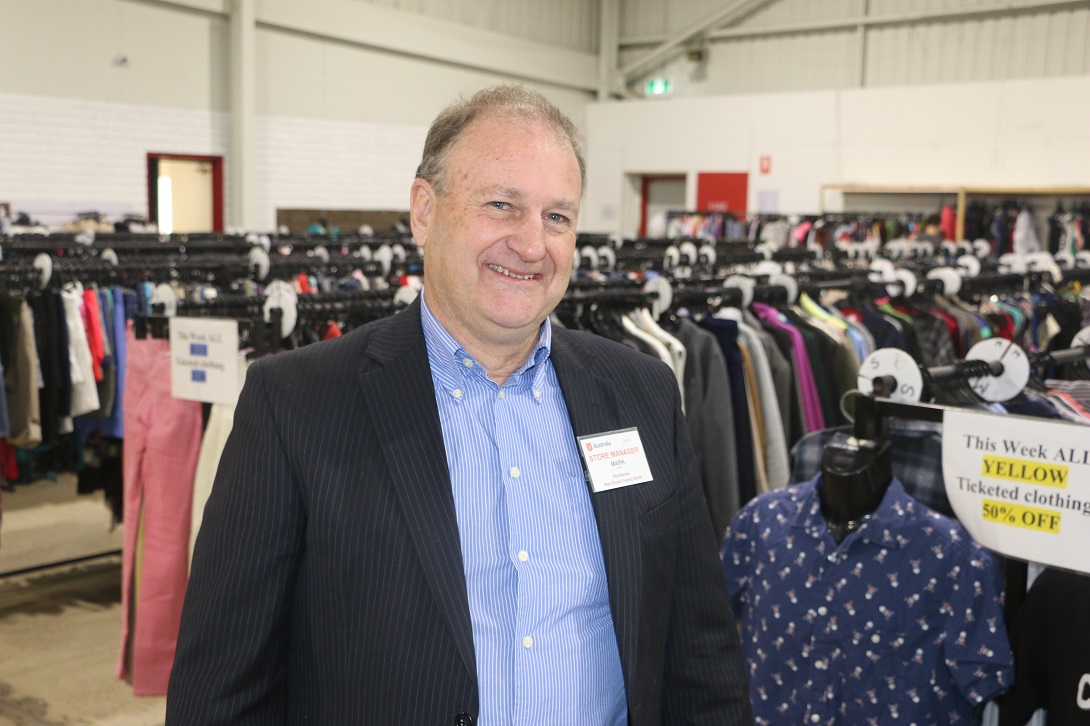
Bundamba Salvos Store Manager Mark Andrews
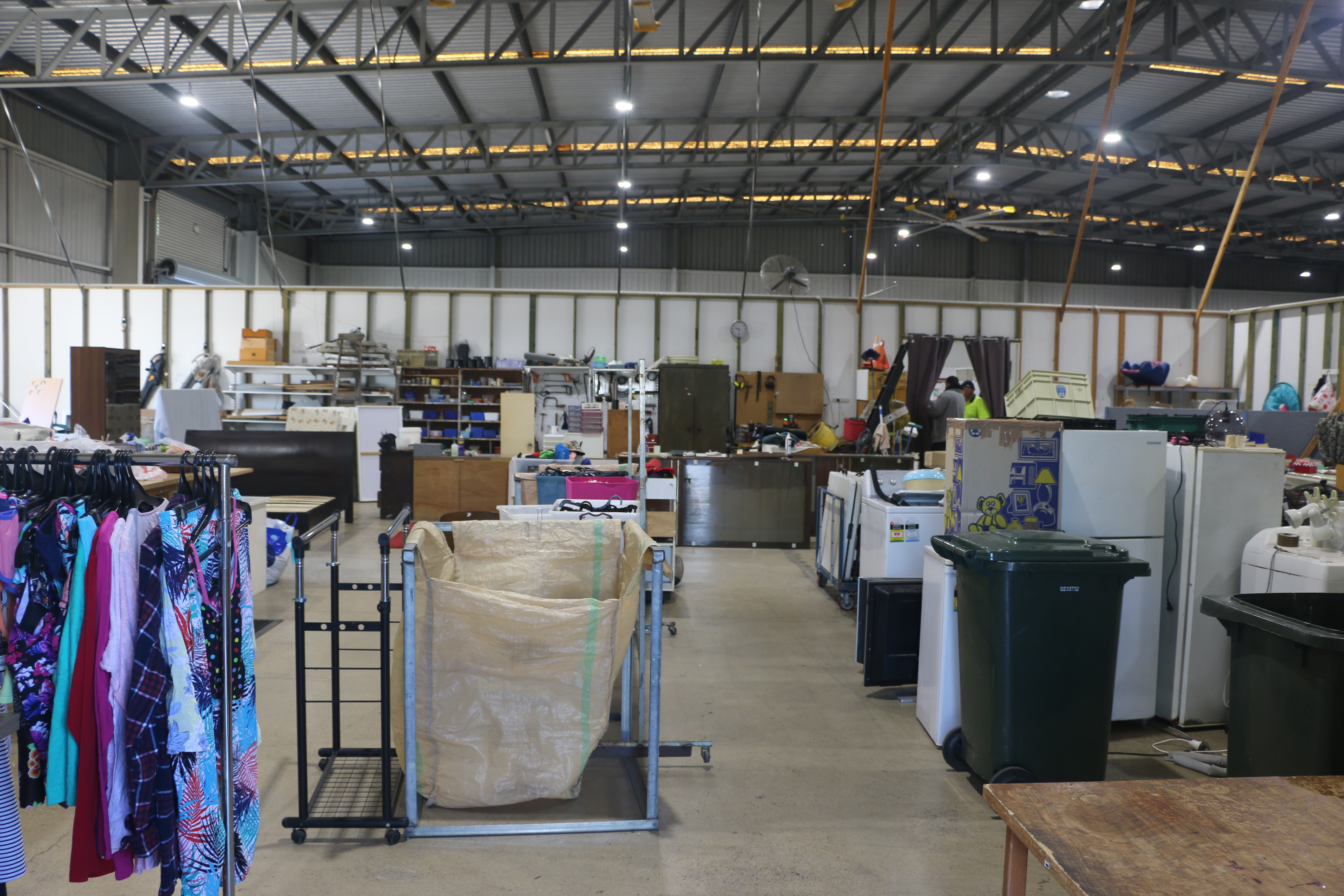
Behind the scenes at the Salvos: Volunteer workers sort donations into different areas, including toys, clothes, furniture and electrical items, which are tested and tagged before sale
“You’re stopping things from going straight to landfill, but because the money goes back into the community, you’re also making a difference.”
Another popular feature of the Bundamba Salvos store is the Return-it scheme, where you can receive 10 cents for every bottle or can you recycle.
“It’s going gangbusters,” Mr Andrews said.
“Our record week was more than 104,000 bottles and cans brought in, but it’s always in the tens of thousands.”
“If people can get some money by recycling, it’s a real win-win solution.”
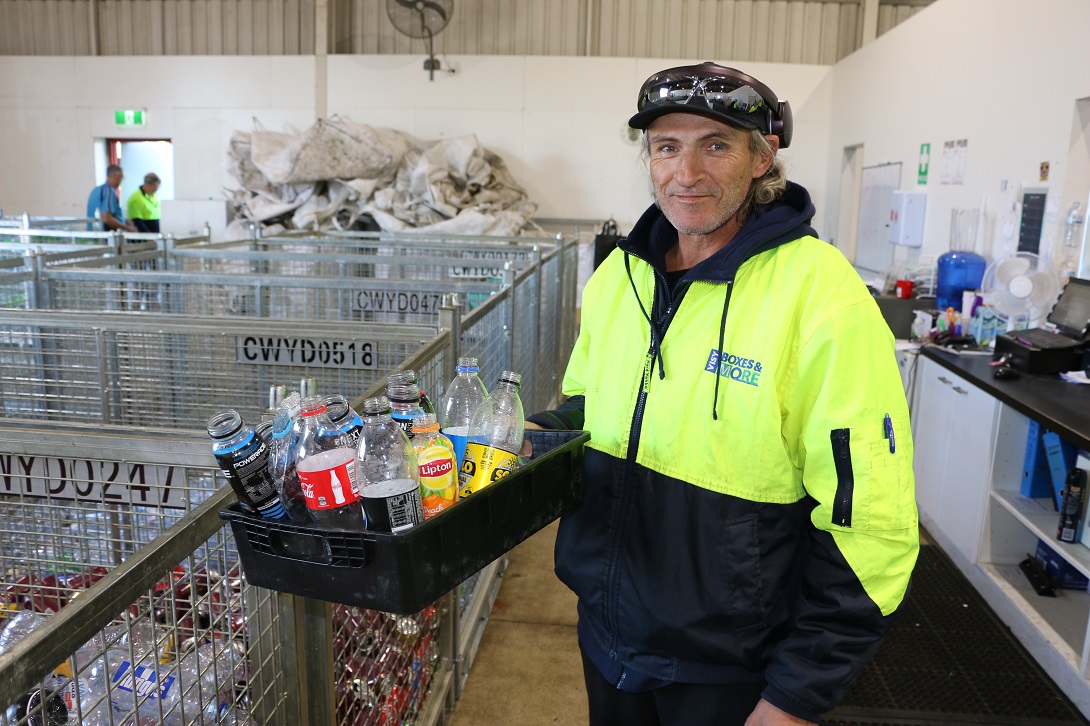
Cash for cans: Garry sorts a customer’s bottles and cans into recycling bins at the Return-it scheme
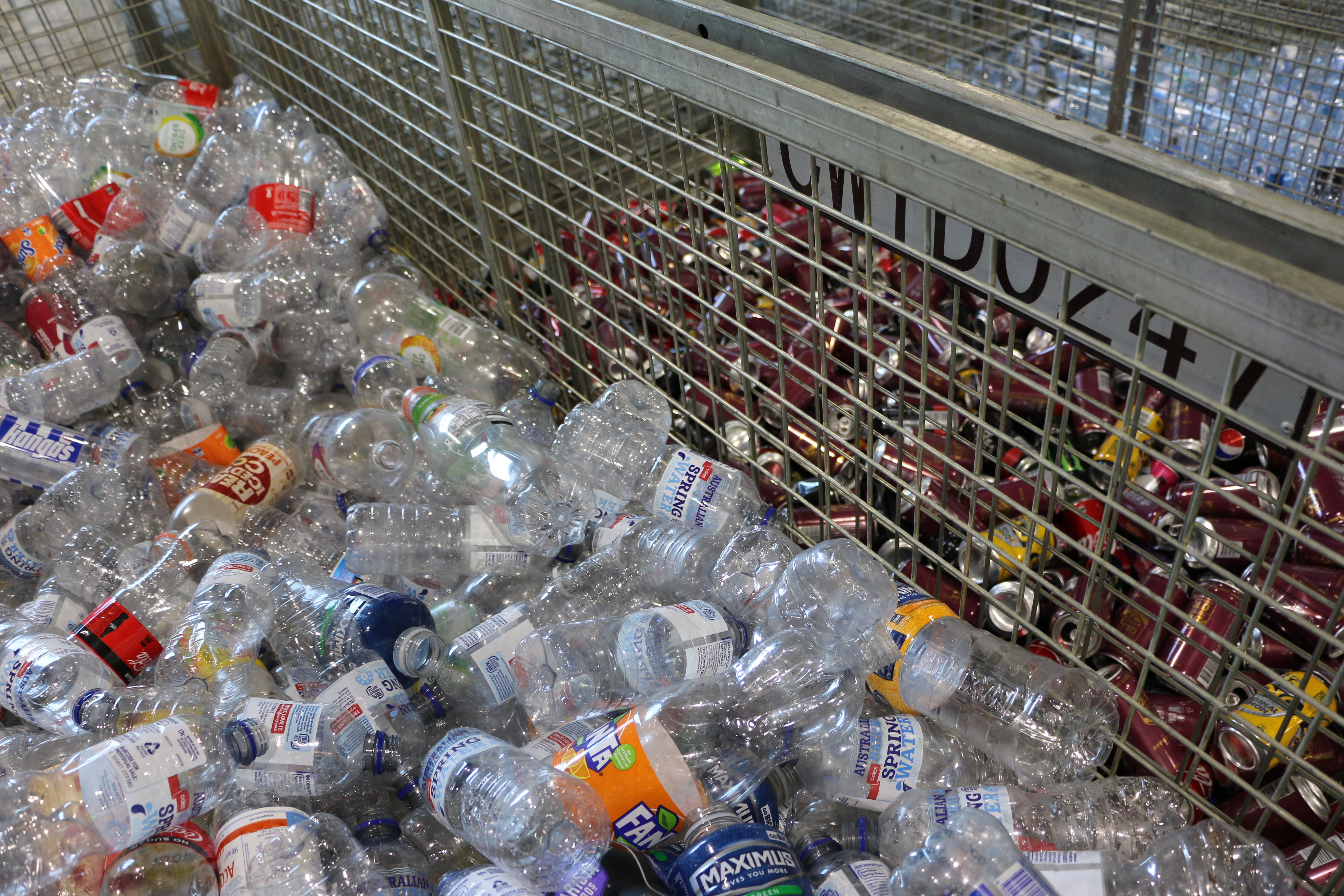
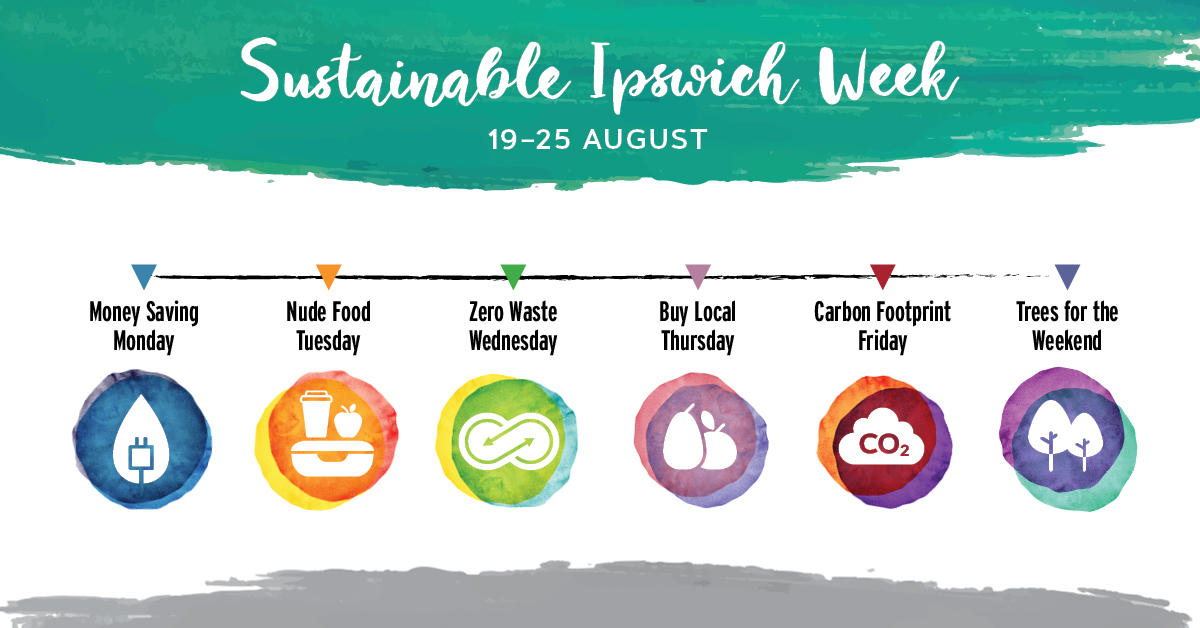

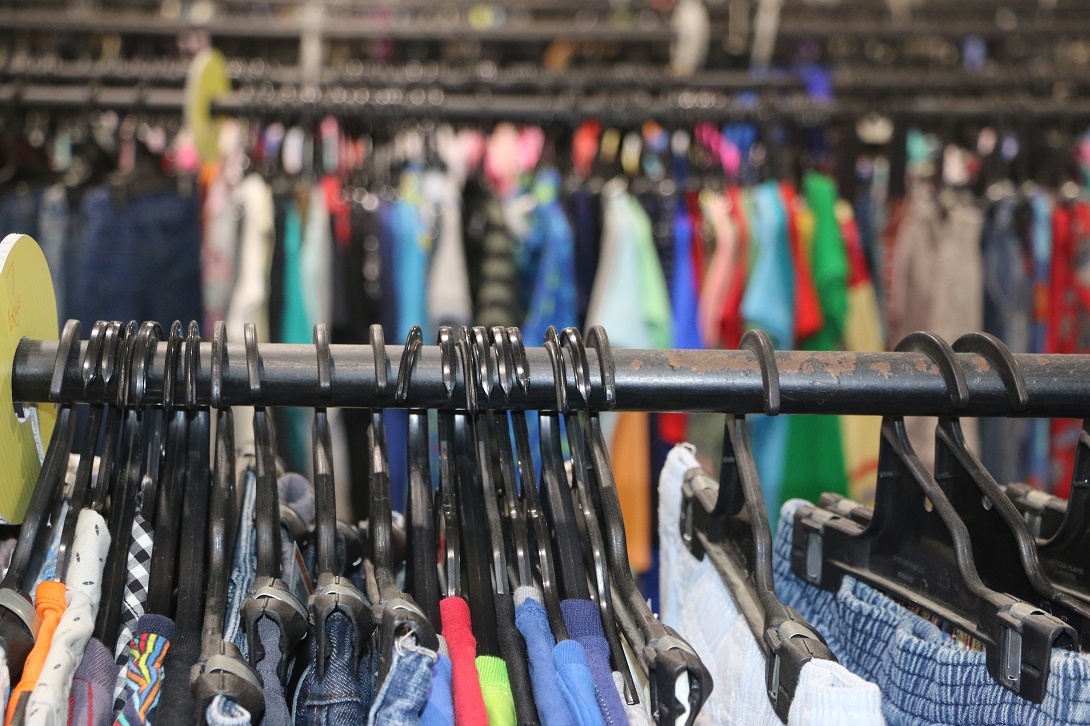
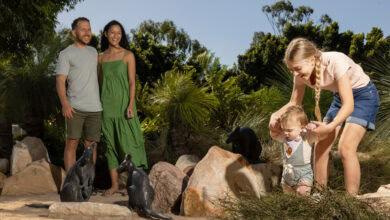
I used to volunteer at a local Salvos family store, and the prices were getting ridiculous. You could buy new items cheaper than what they were selling donated goods for at Salvos.